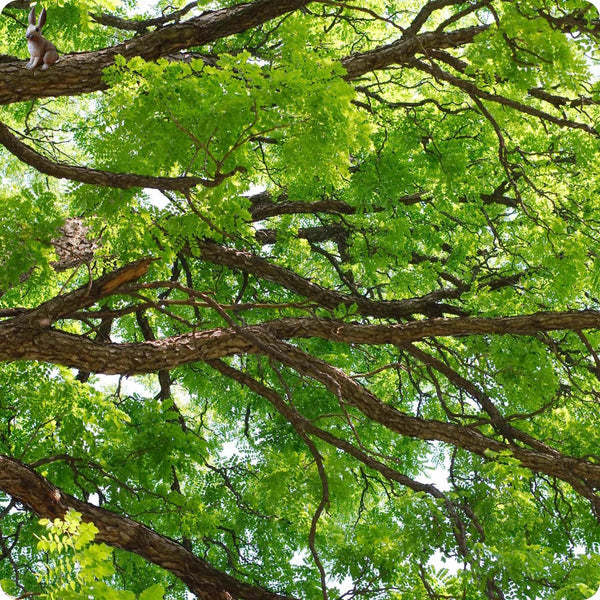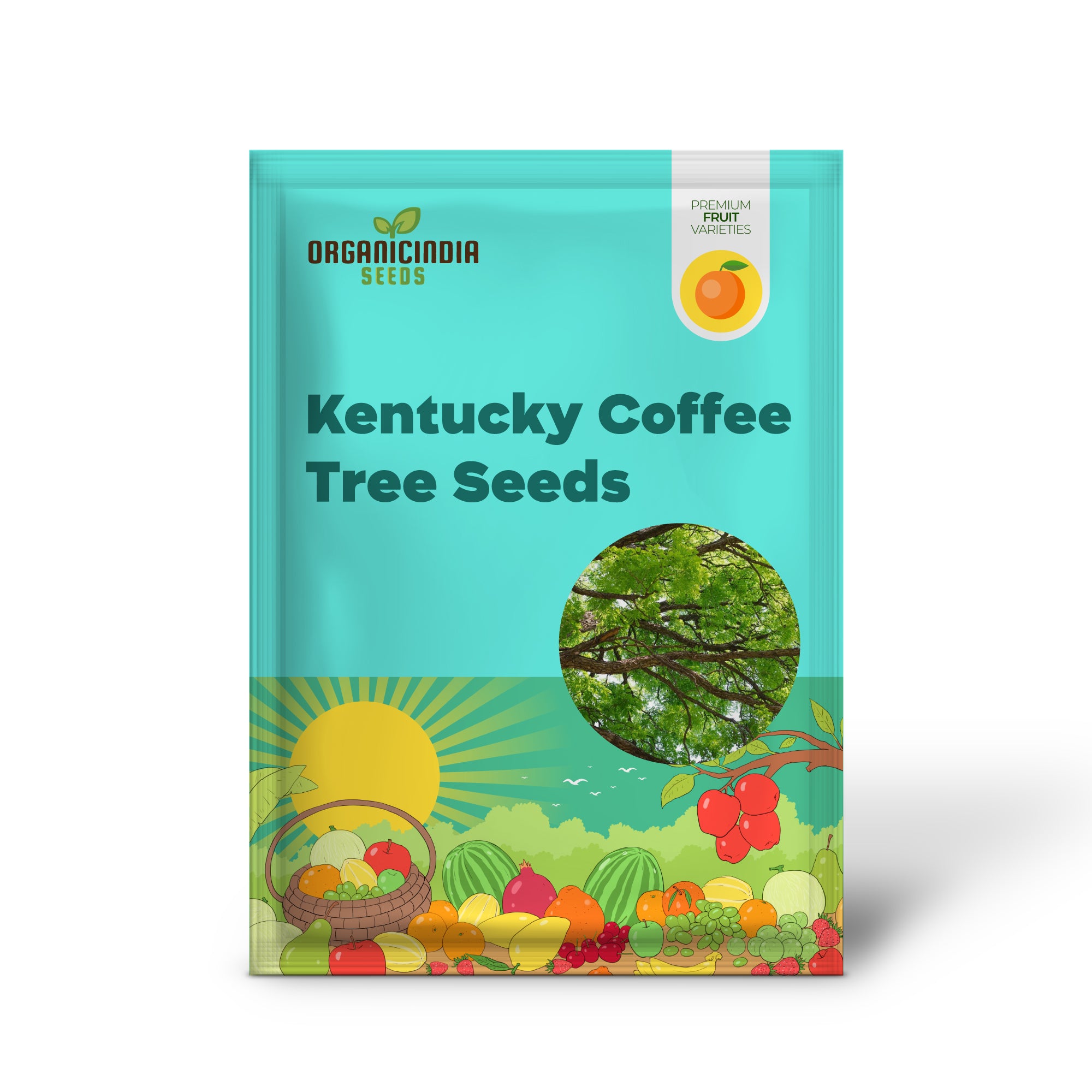



Free Shipping
Safe & Secure Payments
The Kentucky Coffee Tree (Gymnocladus dioicus) is a large, deciduous tree native to the central and eastern United States. Known for its striking, feathery foliage, unique bark, and large, bean-like seeds, the Kentucky Coffee Tree is a versatile and beautiful tree ideal for large gardens, landscapes, and urban areas. The tree is hardy, drought-tolerant, and adaptable to a range of soil types, making it a resilient choice for gardeners in USDA Hardiness Zones 4–8. While the tree’s seeds were historically used to make a coffee-like beverage, they are toxic if consumed raw, and should not be ingested. The Kentucky Coffee Tree’s ornamental value, wildlife benefits, and low-maintenance growing requirements make it a perfect addition to sustainable landscapes.
Key Features:
Growing Information:
Light: Kentucky Coffee Trees grow best in full sun, though they can tolerate partial shade. For optimal growth and development, ensure the tree receives at least 6 hours of direct sunlight per day.
Soil: This tree is adaptable to a wide range of soil types, including sandy, loamy, and clay soils. It prefers well-draining soil but can tolerate poor soil conditions once established. The tree can grow in slightly acidic to neutral soil with a pH of 6.0–7.5.
Planting Tips:
Watering: Kentucky Coffee Trees are drought-tolerant once established but should be watered regularly during their first few growing seasons to establish a deep root system. After establishment, the tree is relatively low-maintenance and only requires watering during prolonged dry spells.
Benefits:
Growing Zones: Kentucky Coffee Trees are suitable for USDA Hardiness Zones 4–8. They thrive in regions with cold winters and warm summers, making them well-suited to many parts of the U.S.
How to Use in the Garden:
Conclusion: The Kentucky Coffee Tree (Gymnocladus dioicus) is a versatile, low-maintenance tree that offers both aesthetic and ecological benefits. With its unique bark, feathery foliage, and drought tolerance, it is an excellent choice for gardens, wildlife habitats, and urban landscapes. While its seeds are toxic to humans, they provide nourishment for wildlife, and the tree’s attractive features make it a valuable addition to any landscape. Whether used for shade, ornamental value, or wildlife support, the Kentucky Coffee Tree is a long-lived and durable option for sustainable and beautiful landscaping.
حدِّد الخيارات

